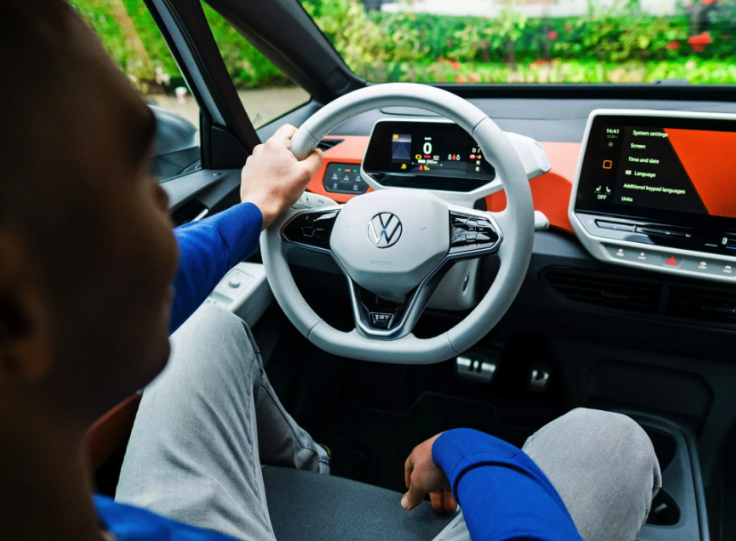Volkswagen wants to rid the world of car accidents. The German automaker is introducing a new vehicle operating system that will make crashes involving its cars a thing of the past by 2050, the company said on Thursday.
The company's next-generation line-up of cars will come equipped with advanced software, high-tech sensors and will be powered by processors that will allow vehicles to anticipate and evade accidents, whilst learning new tricks and improving on its own, Volkswagen's strategy chief Michael Jost told Reuters.
VW's next-generation car tech

"We want to have no more accidents by 2050," he said. The new software-based operating system, which will make its debut with Volkswagen's new ID:3 electric car, will continue to receive updates as and when new software algorithms become available.
"How quickly can data and algorithms improve? Our customers should benefit from deep learning every week, and every day. We are moving from being a device company to being a software company," Jost noted.
How soon will this technology be available?
First-generation cars, which are slated to arrive in Europe in the summer, are still being fine-tuned, said Thomas Ulbrich, the VW brand's board member responsible for electromobility. "We are not yet at 100%," Ulbrich said about the status of the ID:3's software development. "It is normal that there are still technical tasks to be done shortly before market launch."
Volkswagen isn't the first, and certainly won't be the last automaker to claim that its operating system is intelligent enough to constantly learn and improve itself. Tesla has staked the claim for a few years now but VW has one thing working in its favour over the Silicon Valley-funded EV maker, i.e., cost.

The ID:3 is expected to be priced at $27,000 after taking into account green car tax breaks and other incentives when the car goes on sale in Germany this summer.
Volkswagen's big EV push
The ID:3's price tag puts it at par with the brand's other combustion-engine vehicles and will contribute to the company's big expansion plans in the electric vehicles market. The automaker, whose brands include Porsche, Audi, Skoda, Bentley and Bugatti, plans to build 1.5 million electric cars by 2025. The company will launch 75 electric car models by 2029 and produce as many as 26 million vehicles.









